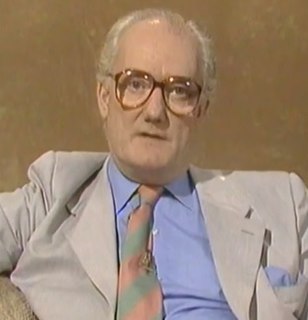A Quote by David Eagleman
You are more likely to believe that a statement is true if you have heard it before - whether or not it is actually true.
Related Quotes
All religions, plainly and simply, cannot be true. Some beliefs are false, and we know them to be false. So it does no good to put a halo on the notion of tolerance as if everything could be equally true. To deem all beliefs equally true is sheer nonsense for the simple reason that to deny that statement would also, then, be true. But if the denial of the statement is also true, then all religions are not true.
To take, for example, my own death: what I consider most likely to be true is that death will be the complete and utter end of my existence, with no successor existence of any kind that can be related to me as I now am. And if that is not the case, the next most likely scenario, it seems to me, is something along the lines indicated by Schopenhauer. But neither of these is what I most want. What I want to be true is that I have an individual, innermost self, a soul, which is the real me and which survives my death. That too could be true. But alas, I do not believe it.
When you are young so many things are difficult to believe, and yet the dullest people will tell you that they are true--such things, for instance, as that the earth goes round the sun, and that it is not flat but round. But the things that seem really likely, like fairy-tales and magic, are, so say the grown-ups, not true at all. Yet they are so easy to believe, especially when you see them happening.




































